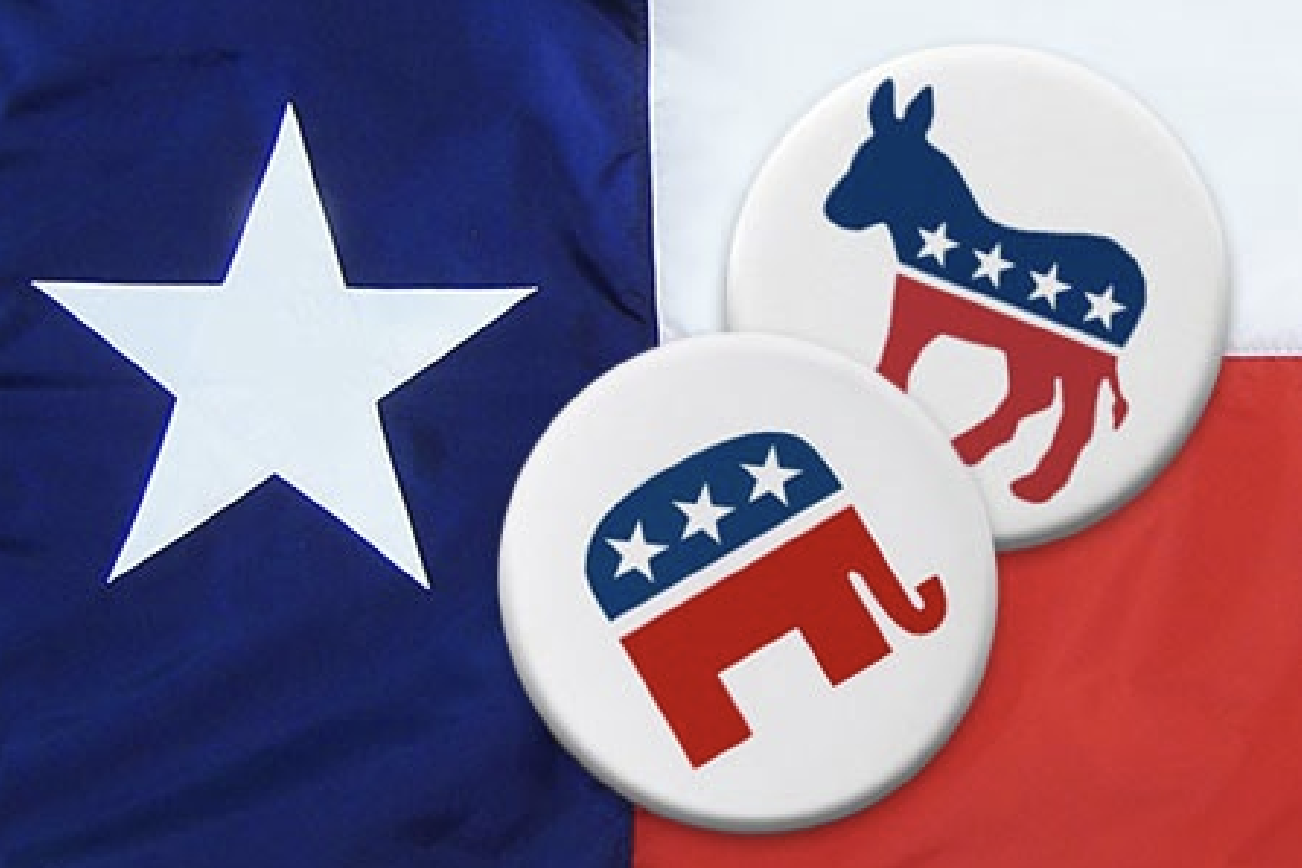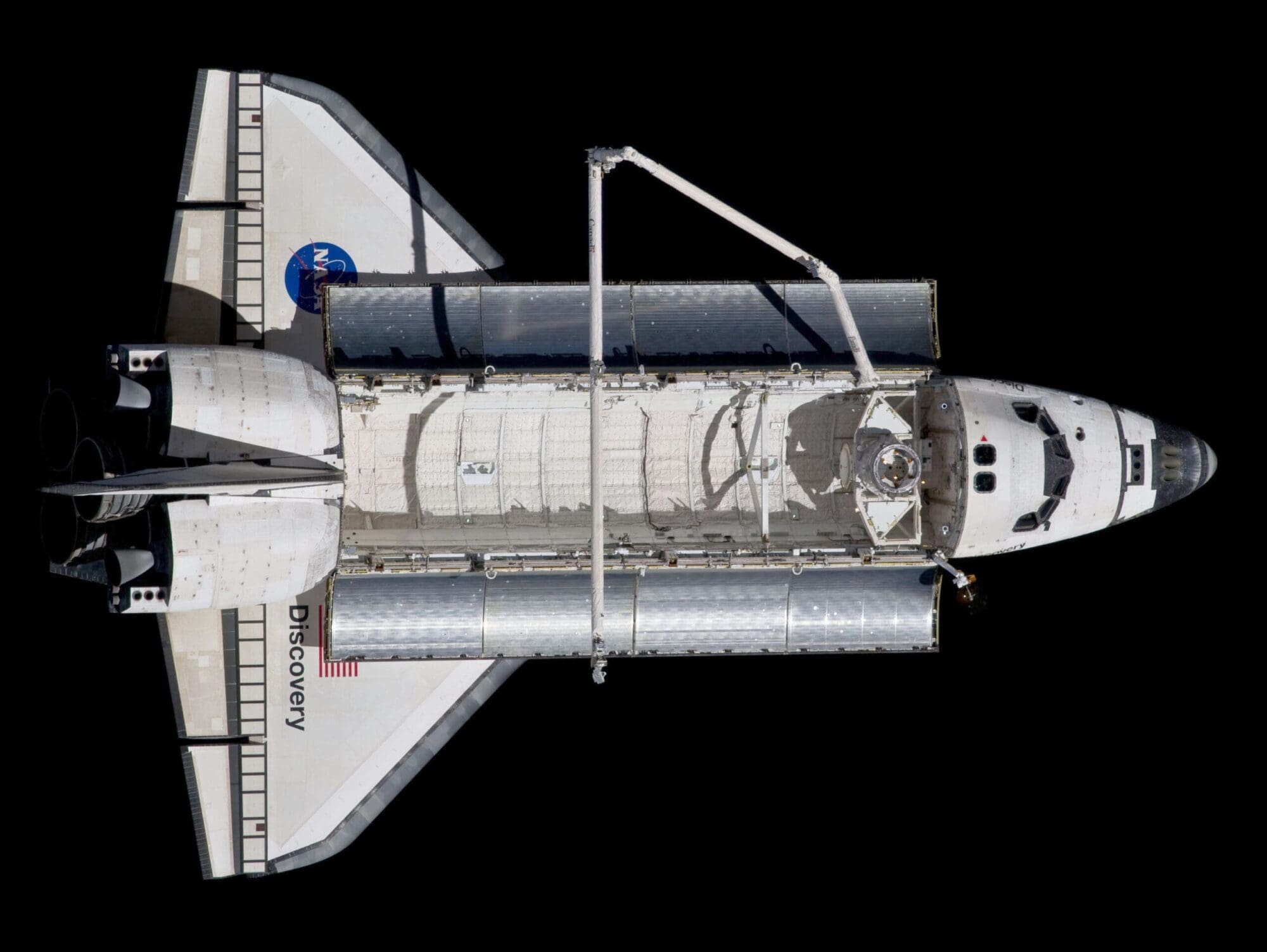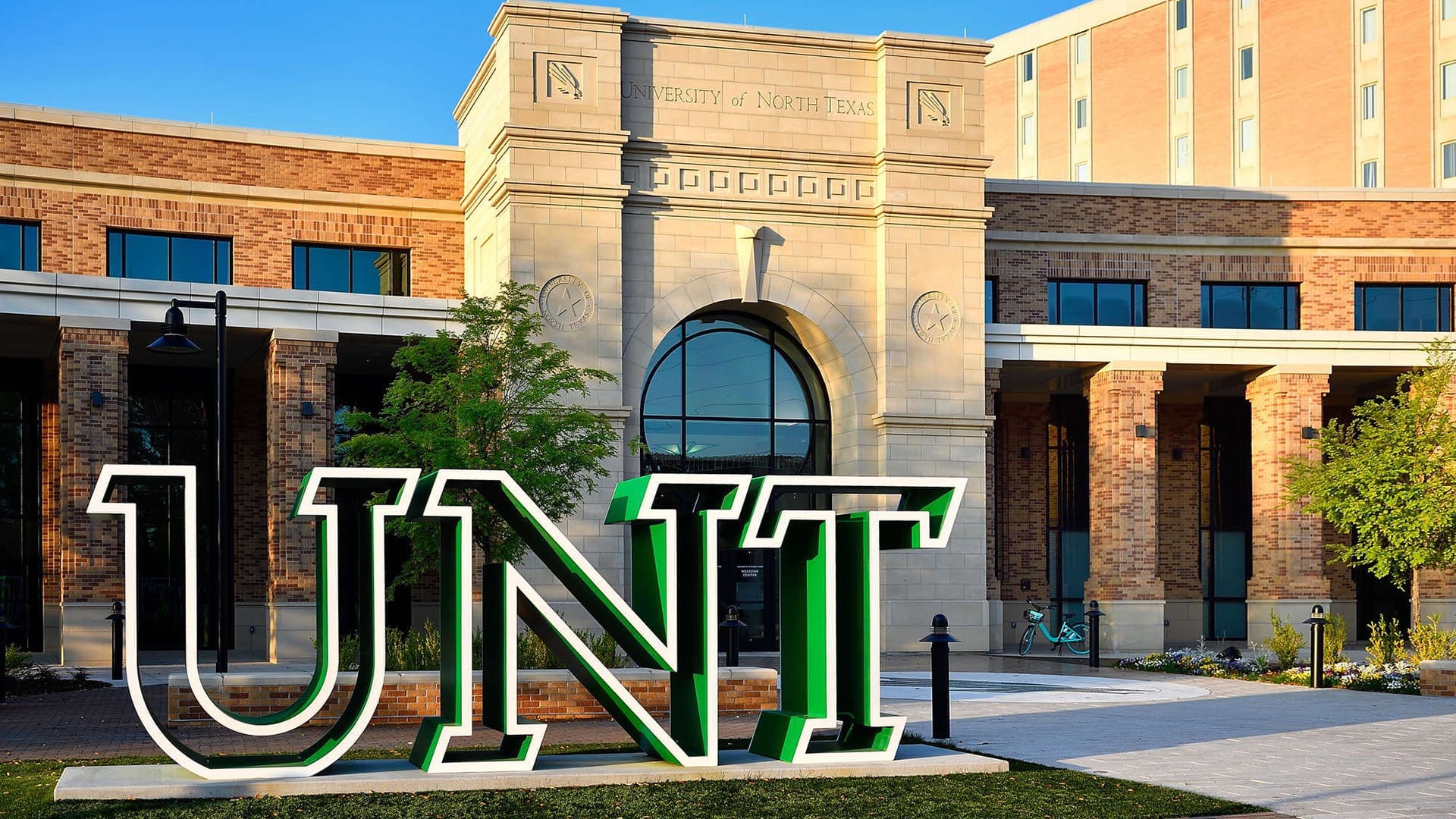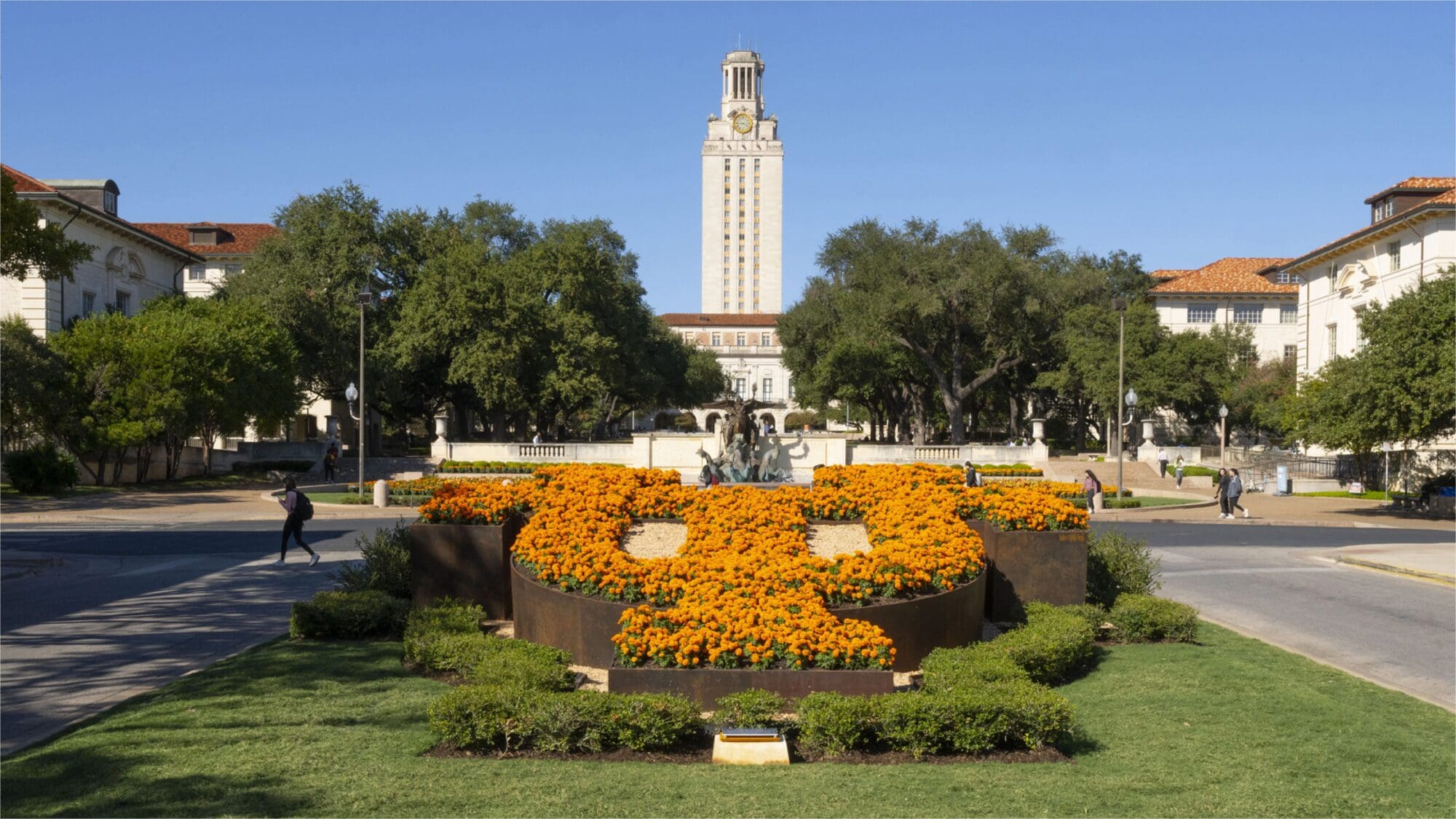There was no difference between July 3, 1776, and July 5. By all outward appearances, the American colonies were no more free, no more independent. The governing structures were not different.
So what makes the Fourth of July so special?
Think about it. We do not celebrate October 19, 1781, the date the war for American independence ended. There are no parades commemorating September 3, 1783, when the Treaty of Paris formally concluded the war.
No, we celebrate July 4, 1776. That is the day when our Founding Fathers firmly, finally, and officially committed themselves – their lives, their fortunes, their sacred honor – to the cause of American liberty.
Now, make no mistake: many of them had done so personally and individually weeks, months, even years earlier. They already had an army, and blood had already been shed.
Yet, the Fourth of July is when they formally, out-loud, with one voice, declared their independence. They acknowledged to each other and a candid world that they were dissolving their political bands with England.
We celebrate their commitment to the fight. We recognize that in the most important ways by choosing to declare their independence, they had already achieved it.
Nearly all of our Founding Fathers were men of faith; they understood that the struggle upon which they were to engage may or may not be successful in the eyes of the world. That didn’t matter; they achieved freedom in their choice, declared on the Fourth of July, and the fight ahead was merely the necessary consequence.
On Independence Day we celebrate our Founding Fathers’ commitment to the ideals of self-governance. On Independence Day we celebrate their willingness to put their convictions to the test for themselves and for us.
On Independence Day we must recommit ourselves to fighting not as if our liberty depends on it, but because refusing to submit to the yoke of tyranny is the highest expression of our liberty.





